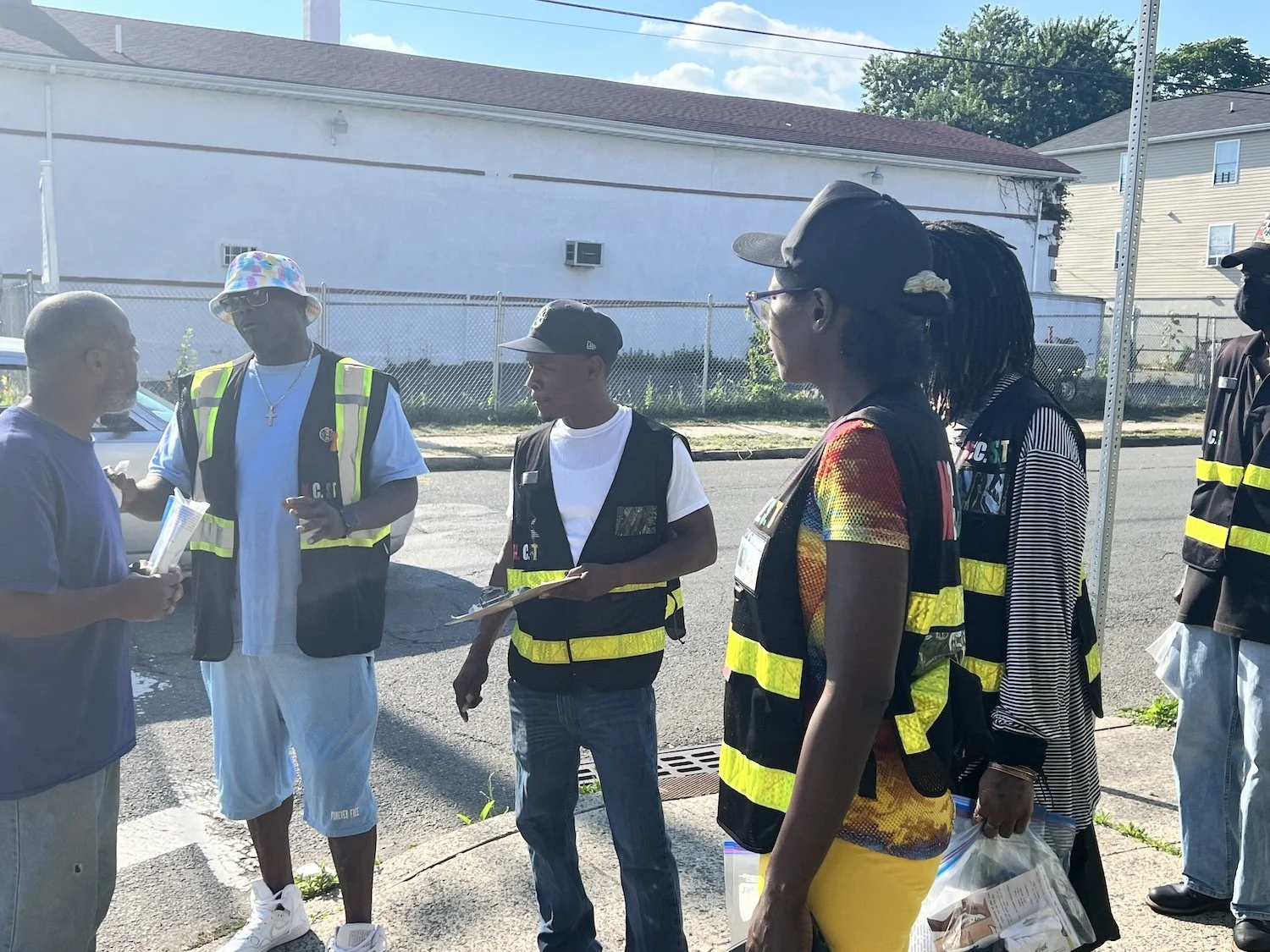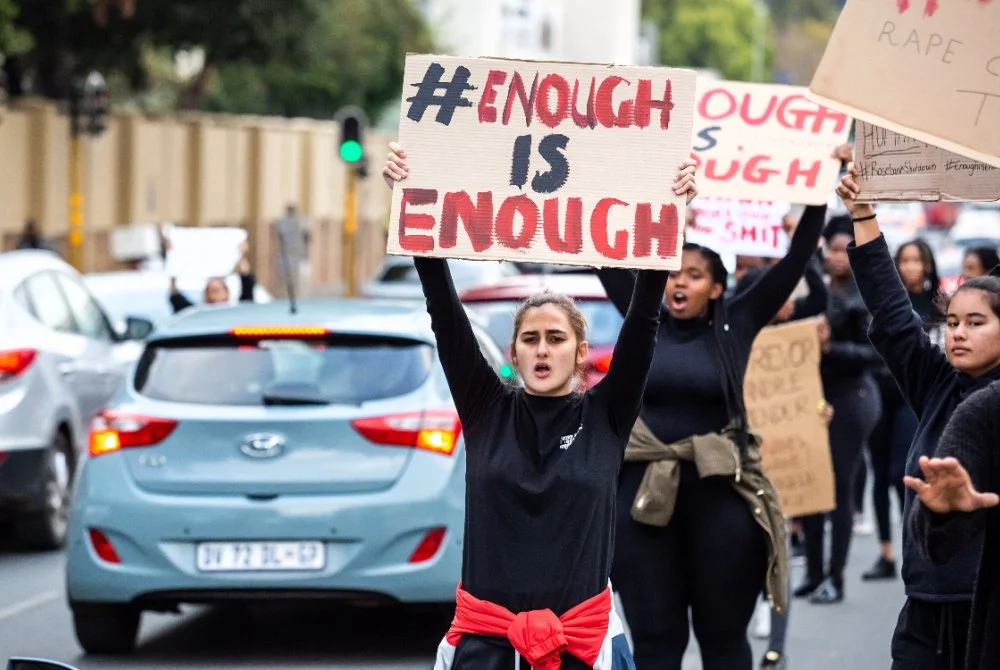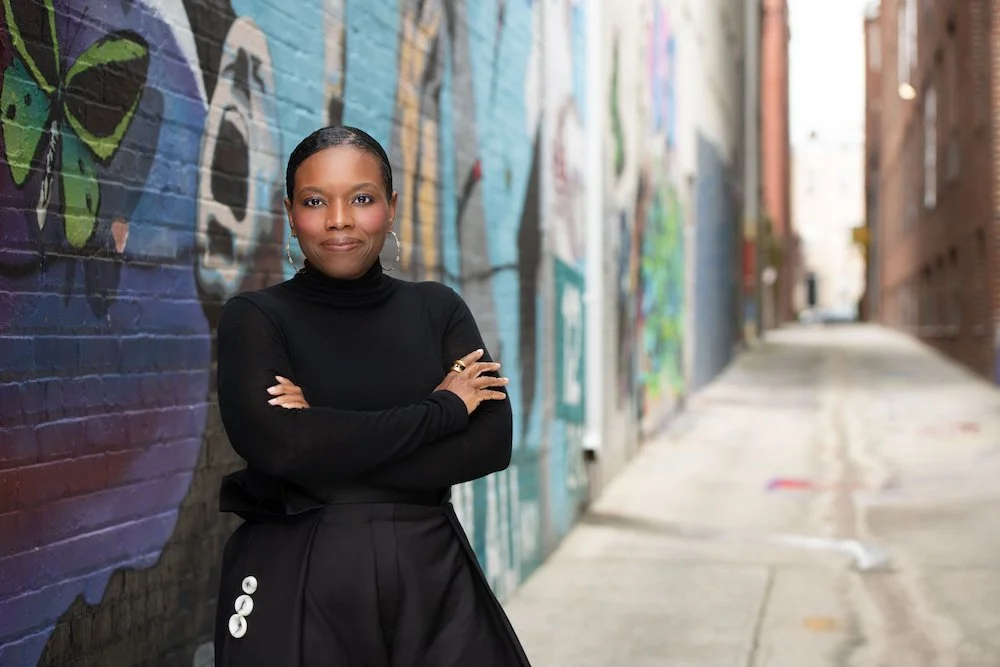With the Backing of Top Funders, This Group is Taking the Criminal Justice System to Court
/photo: Nagel Photography/shutterstock
It’s no secret that there’s something horribly wrong with how America deals with criminal justice. Lots of things, actually. From discriminatory policing to a massive incarceration system that holds nearly 2.3 million people, the problems are difficult and entrenched. And because law enforcement is primarily a local enterprise, achieving systemic reform is tough. Improvements in one place may do nothing to change the fortunes of those in another.
That makes for slow going. The good news: There's been a dramatic surge of new philanthropic giving in this space in recent years, with funders moving strategically to tackle a decentralized challenge. Most notably, efforts funded by the MacArthur Foundation and the Laura and John Arnold Foundation have forged partnerships with local jurisdictions to change how the "front end" of the criminal justice system works, to reduce the number of people swept into the incarceration pipeline.
Related:
- Forget Washington. Criminal Justice Funders Have Big Plans at the Local Level
- Knowledge for Justice: The Rising Tide of Grants for Criminal Justice Research
- Recipe for Jail Reform: A National Funder Working With Local Officials
But while voluntary and collaborative reform efforts can yield gains, meaningful reform often requires the stick as well as the carrot.
That's where Civil Rights Corps comes in, an organization dedicated to challenging criminal justice abuses in court. It was founded just two years ago by a young lawyer named Alec Karakatsanis who teamed up with a more seasoned lawyer and nonprofit leader, Eric Halperin—now the CEO—and is staffed by a small but growing team of mostly attorneys. Lately, the group has been at the center of one of the hottest and most promising front-end reform fights: the growing push to dismantle a bail system that's deeply unfair to low-income offenders. The corps is using the law to target "wealth-based pre-trial detention" and "modern debtors' prisons" where indigent people get trapped, often for minor offenses.
Since Civil Rights Corps got up and running, it has logged some impressive wins, including a 2017 decision in Houston ruling Harris County’s misdemeanor bail system unconstitutional. In another recent victory, the California Court of Appeals delivered what the organization calls “a stinging rebuke” to a money bail system that discriminates based on wealth. As Halperin told us, “The case sets a vital precedent, and it will go a long way toward ending our unjust money bail system. It has been energizing to see how public defenders and community-based organizations across the state have engaged with the decision.”
Civil Rights Corps currently has more than 20 active cases pending across the country, and bail reform has been its main focus. Recent statistics from the Prison Policy Initiative show that a massive 465,000 people are held in local jails right now, without any criminal conviction, often because they’re too poor to post bail.
To put that into perspective, that’s nearly the population of cities like Las Vegas or Portland, Oregon. And a large proportion of those people pose little risk, having been arrested on minor drug offenses, outstanding warrants for traffic violations, and the like.
While a whole host of factors play into what Civil Rights Corps calls “mass human caging,” Karakatsanis believes lawyers have been part of the problem, and are a key to the solution. In a powerful 2015 article in the Harvard Law Review, he excoriated the legal profession for failing to challenge a criminal justice system where abuses and "illegalities are happening on a massive scale." He called for a "social movement" of lawyers to use their labor to force reform.
Even as its cases establish precedents against unjust local practices, Civil Rights Corps has a bigger goal in mind: “resensitizing the legal system and our culture” to everyday abuses that often go unnoticed and uncorrected. Halperin is cautiously optimistic about the way things are headed. On the grassroots level, as well as in the courts, he told us, “the momentum is building to end the use of money bail to jail people simply because they are too poor to afford their freedom. […] Policymakers are taking notice.”
Beyond money bail, Civil Rights Corps’ case roster includes challenges to other instances where the profit motive subverts justice. For-profit probation companies are in the group’s sights, as well as “modern debtors’ prisons”—jurisdictions that jail people who can’t pay court fines and fees.
A key reason that funders have been drawn to Civil Rights Corps is because it's found a promising leverage point in a decentralized criminal justice landscape. The case precedents and legal strategies emerging from its work have the potential to catalyze systemic reform. Donors to the group include the Sandler Foundation, which is bankrolled by the former banking executive Herb Sandler, who's using his fortune to change an America he describes as “an incredibly unfair place” for poor people.
Sandler told Inside Philanthropy that he first heard about Alec Karakatsanis's work in a news article. He Googled him and read the piece he wrote in the Harvard Law Review. "I was blown away," said Sandler, who describes Karakatsanis as a “remarkable person. He’s brilliant and passionate.” The Sandler Foundation backed Civil Rights Corps with a $500,000 grant, and has also helped the organization in other ways, including hooking Karakatsanis up with Eric Halperin.
Karakatsanis found another important ally in Laura Arnold, who's also contributed to Civil Rights Corps—funding that complements grants by the Laura and John Arnold Foundation to places like the Misdemeanor Justice Project and Measures for Justice.
And then there’s the Facebook billionaires. Both the Chan Zuckerberg Initiative and the Open Philanthropy Project—funded for the most part by Dustin Moskovitz and Cari Tuna—back Civil Rights Corps. Leverage points and philanthropic effectiveness, of course, are calling cards for both of those funders. Rounding out the list of major supporters are the Heising-Simons Foundation and Ford’s Art for Justice Fund. Not bad for an organization that's only been around for two years.
Related:
- Writing for Change: Behind a New Fellowship Focused on Mass Incarceration
- Data Quest: Why This Wonky Criminal Justice Group is Pulling in the Big Bucks
Data-centric and evidence-based initiatives, as we’ve seen, have become one important entry point for national funders pursuing criminal justice reform, including companies like Google. But according to Halperin, “these systems are so entrenched and the attachment to the status quo is so powerful that often, data alone will not be sufficient.” As it challenges practices like money bail in court, Civil Rights Corps emphasizes the parallel importance of community organizing.
Halperin said, “We’ve prioritized building relationships with community-based organizations in the places where we bring litigation because we believe that the community should be at the center of designing the long-term solution.” Meanwhile, national advocacy groups like JustLeadershipUSA and Families Against Mandatory Minimums are pursuing a similar course with support from some of the same funders who back Civil Rights Corps, including Ford and CZI.
Despite the hardline policies of the Trump administration, criminal justice reform enjoys a growing level of attention and momentum, fueled by the combination of new groups like the Civil Rights Corps and new funders backing the cause. Reformers also have an expanding range of tactics to choose from. We were surprised to find out that one of The Audacious Project’s first grantees (see our take on TED’s big bets venture) is The Bail Project. While Civil Rights Corps challenges money bail in court, The Bail Project uses a revolving fund to post bail for people accused of low-level offenses who can’t afford it. Most of those cases are either dismissed or dropped to a non-jail penalty, proving the point in a different way.
We’ll have to see whether this momentum translates into actual nationwide change, especially given the administration’s law-and-order rhetoric. But Civil Rights Corps’ early victories are encouraging. They also illuminate a choice for funders: Is it better to back research-oriented reform within the system, or advocacy and litigation that challenges it from the outside? Certainly, both strategies are important to take on powerful defenders of the status quo. It’s important to remember, said Halperin, that “many actors in the justice system are fighting very hard to preserve this system.”







































